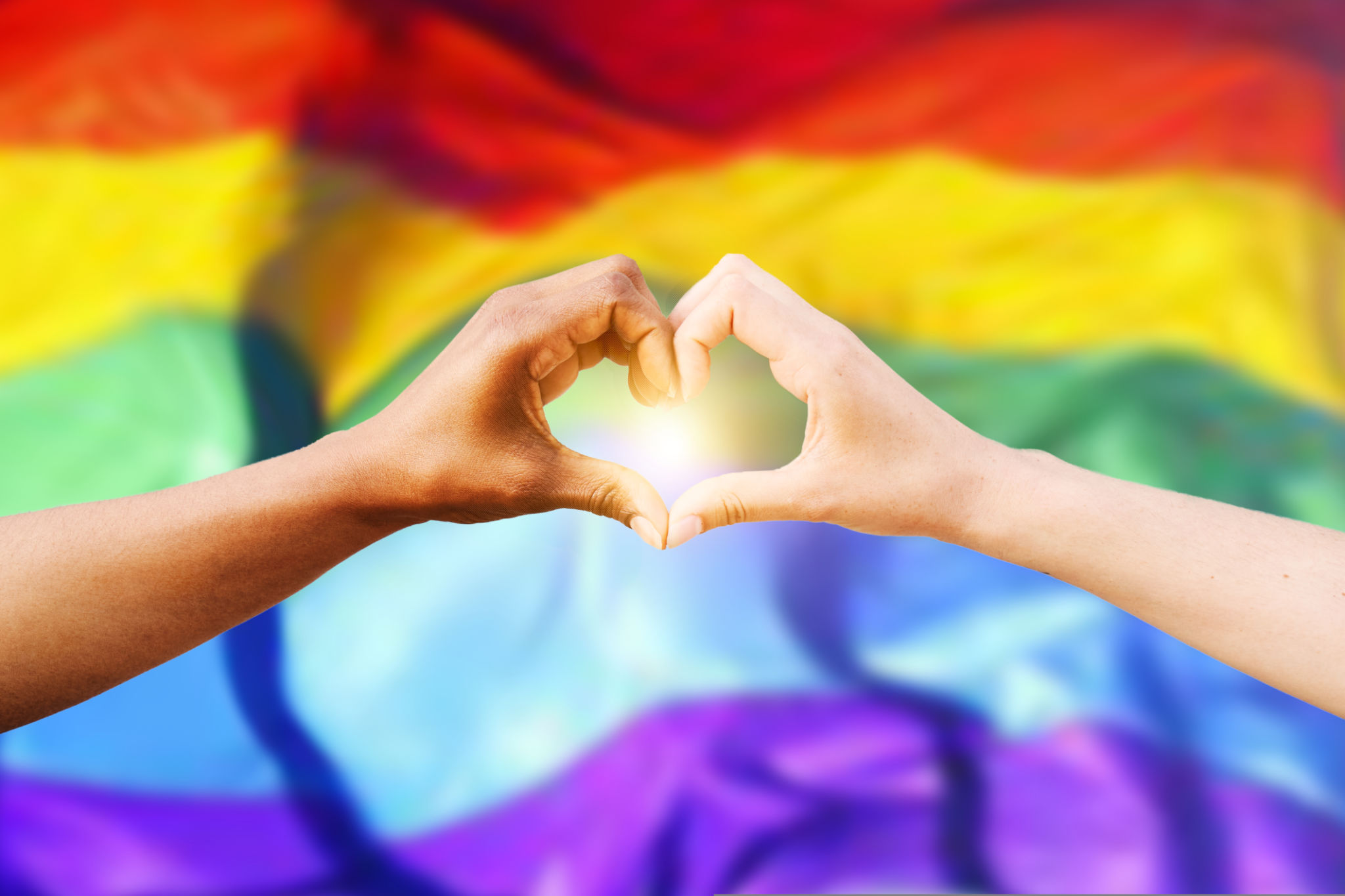Overcoming Internalized Homophobia: Steps Toward Self-Acceptance
Coming into your sexuality is a journey of self-discovery and empowerment. Internalized homophobia is something that many of us come against while exploring this journey. Confronting internalized homophobia is a courageous step toward embracing your true self and living authentically. Whether you're just beginning to explore these feelings or have been grappling with them for some time, know that you are not alone. Together, we will explore strategies to help you break free from these limiting beliefs and build a foundation of self-love and acceptance.

Internalized homophobia, the self-directed prejudice many LGBTQ+ individuals experience as a result of societal bias, can be deeply harmful to self-esteem and well-being. Overcoming it requires intentional effort and self-compassion.
Here are three effective strategies to fight internalized homophobia:
Cultivating Self-Acceptance: The first step in combating internalized homophobia is developing a deep sense of self-acceptance. This involves acknowledging and embracing one’s sexual orientation or gender identity as a natural and valuable part of who they are. Practicing self-compassion and challenging negative thoughts with positive affirmations can help reframe harmful beliefs. Engaging with supportive communities, whether in-person or online, can also provide validation and a sense of belonging, reinforcing the idea that being LGBTQ+ is something to be celebrated, not hidden or ashamed of.
Education and Awareness: Educating oneself about LGBTQ+ history, culture, and the struggles faced by the community can be empowering. Understanding the roots of homophobia and how societal norms have shaped these negative attitudes can help individuals recognize that these biases are external constructs, not intrinsic truths. By learning about the contributions of LGBTQ+ people throughout history and their fight for rights and recognition, individuals can begin to replace internalized negative beliefs with pride in their identity.
Therapy and Support Systems: Professional therapy, particularly with a counselor who is affirming and knowledgeable about LGBTQ+ issues, can be incredibly beneficial in addressing internalized homophobia. Therapy provides a safe space to explore these feelings, unpack their origins, and develop healthier coping mechanisms. In addition, building a strong support system of friends, family, and peers who are accepting and affirming can create a network of positivity and reinforcement, helping to counteract the negative effects of internalized homophobia.

As you continue on this path, remember that healing is a process, and each step forward is a victory. By embracing self-acceptance, seeking knowledge, and leaning on supportive communities, you are reclaiming your power and rewriting the narrative of your life. Be patient with yourself and celebrate the progress you make. You deserve to live a life free from the weight of internalized homophobia, and with every effort, you are moving closer to that freedom.
